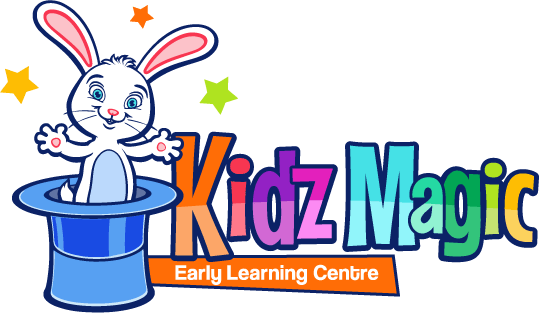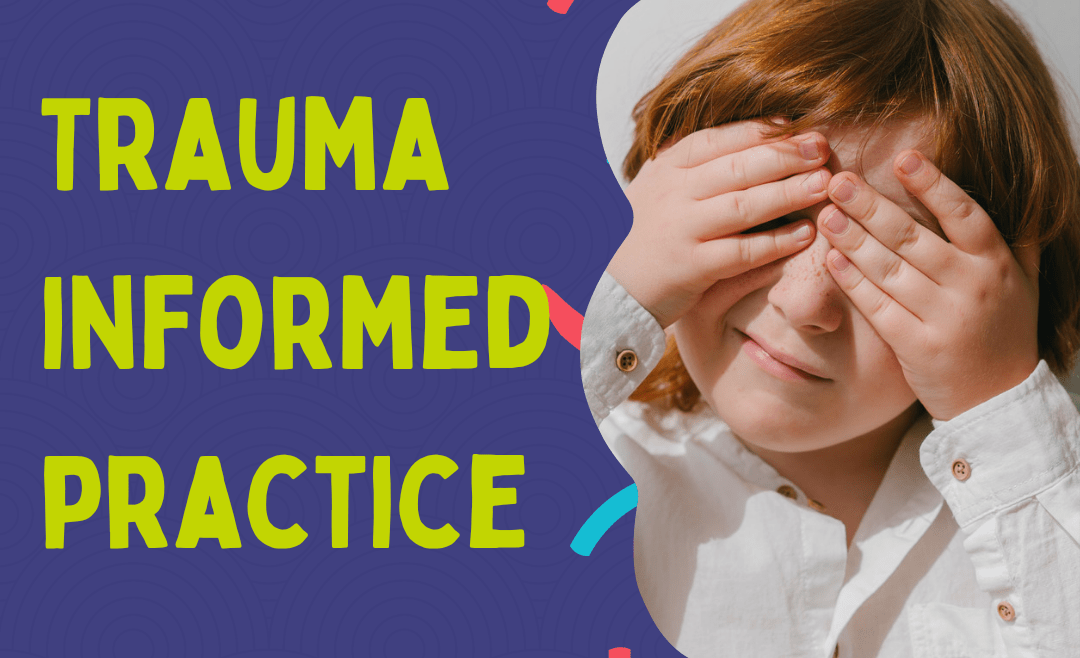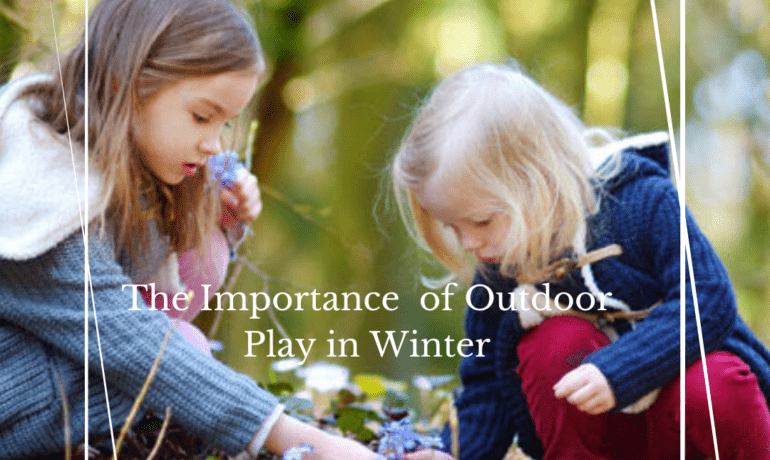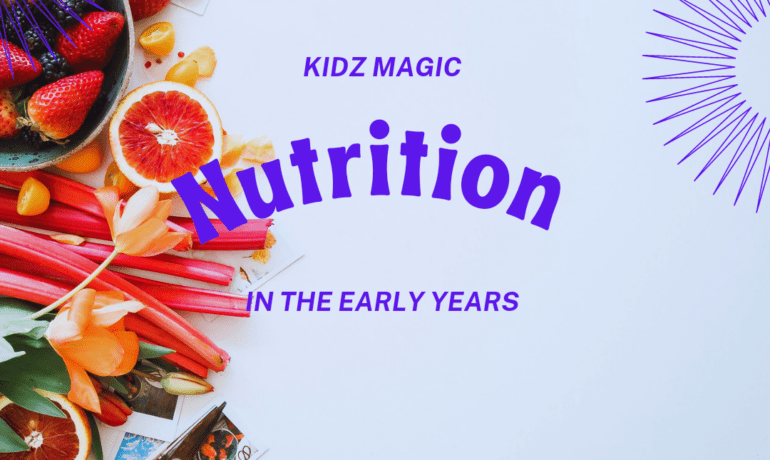What is trauma- informed practice?
Trauma-informed practice in early learning focuses on fostering safety, trust, and resilience in children who have experienced trauma. It recognizes that trauma can disrupt a child’s sense of safety and impact their ability to form positive relationships. By creating a nurturing and supportive environment grounded in trust, choice, and collaboration, educators can help children overcome fear. This can help build strong foundations for growth and healing.
Educators who are respectfully and mindfully building connecting with children, forms the foundation to creating spaces that children can access and engage in. While transforming our spaces, we have considered how changing the wording for spaces and routines allows our educators to reflect and think about how they will meaningfully engage with groups of children throughout the day.
.
Inviting ‘connection time’ instead of ‘group time’
 During connection time educators invite children to find a place that is comfortable. This may be sitting, standing, lying down, fidgeting with a resource or playing close by. Being comfortable looks and feels different for each person. Allowing children to participate in a way that is comfortable for them communicates that we (educators) value them completely. We seek to promote healthy attachments and social-emotional development in young children.
During connection time educators invite children to find a place that is comfortable. This may be sitting, standing, lying down, fidgeting with a resource or playing close by. Being comfortable looks and feels different for each person. Allowing children to participate in a way that is comfortable for them communicates that we (educators) value them completely. We seek to promote healthy attachments and social-emotional development in young children.
Connection time isn’t at a set time. It occurs when an educator notices a child or children might need regulating to slow things down. This establishes a sense of safety and trust as children can seek support when needed.
When educators and children have built a secure base through connection, they are able to explore their world around them, strong connections foster a sense of belonging and acceptance, allowing children to feel confident in their ability to learn and take risks and explore new challenges.
We understand that connection extends beyond the child-educator relationship and includes building connections with families. Collaborating with families in a respectful and supportive manner enhances the child’s sense of belonging and reinforces the child’s support system. By establishing connections with families, educators gain valuable insights into the child’s experiences, needs, and strengths, enabling them to provide more effective support within the service.
References
Trauma Informed practice in early learning
https://www.kidsfirstaustralia.org.au/page/Trauma-informed-practice-in-early-learning/
Belonging, Being & Becoming – The Early Years Learning Framework for Australia V2.0, 2022




